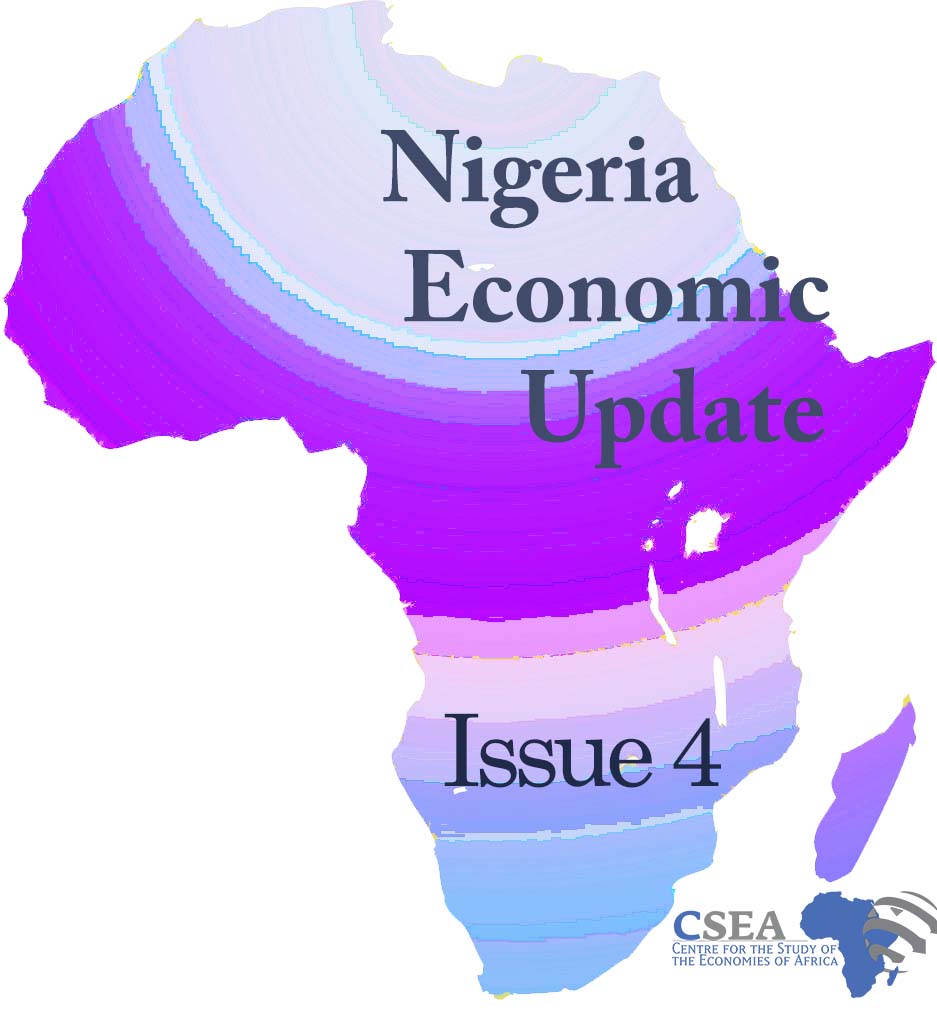The monetary policy committee provided policy parameters at the first meeting for the 2019 fiscal year, held on 21st and 22nd January, 20191. As presumed, all parameters were left unchanged at their current levels: MPR at 14 percent, CRR at 22.5 percent, liquidity ratio at 30 percent, and asymmetric corridor of +200/-500 basis points around the MPR. This is the 14th consecutive time the MPC will retain all parameters, and the apex bank is justifying its stance by insisting that the economy has remained on a noteworthy track based on prevailing positive macroeconomic performances2. The committee’s optimistic outlook is likely hinged on, among other laudable achievements, the acclaimed return of foreign investors’ confidence and convergence of the foreign exchange market – the CBN has relentlessly upheld the value of the Naira despite perceptions of election risks on exchange rates. In the coming months, changes in monetary policy parameters will, however, depend on the macroeconomic performance after the elections as well as the objective to hit the CBN’s inflation target of 6 to 9 percent.
Macroeconomic Report & Economic Updates

February 12, 2019
Nigeria Economic Update (Issue 4)
The monetary policy committee provided policy parameters at the first meeting for the 2019 fiscal year, held on 21st and 22nd January, 20191. As presumed, all parameters were left unchanged at their current levels: MPR at 14 percent, CRR at 22.5 percent, liquidity ratio at 30 percent, and asymmetric corridor of +200/-500 basis points around […]
Read →
Related
Nigeria Economic Update (Issue 5)
All Share Index (ASI) and Market
Capitalization declined by 13 percent to close at 23514.04 points and N8.09
trillion respectively at the end of the trade session on January 15.
The huge drop in the Index, representing a 3-year low, led to the introduction
of the Index Circuit Breakers Rule. While this policy measure may
prevent huge losses in the stock market, rising concerns about macroeconomic
stability in Nigeria may significantly increase the level of volatility in the
stock market. This may have substantial adverse implications for investors in
the Stock Exchange.
Business Confidence Index
Business Confidence Index: After its peak in 2011, business confidence fell sizeably in 2012 as well as 2015Q2. Most recently, BCI has declined to a negative levels in 2016Q1 and Q2. The recent declin
Nigeria Economic Update (Issue 12)
The naira/dollar exchange rate remained largely stable at the parallel
market at ?320/$ during the period7, albeit slight
fluctuations on February 29, 2016 (?325/$) and March 2, 2016 (?328/$). The
decline in the hoarding of foreign currency as well as the substantial
reduction in the speculative demand for dollars were the two key factors
responsible for the ease of fluctuations in the forex market8. With the slight
increase in the price of crude oil, Nigerias foreign reserve slightly grew by $56 million, from 27.81 billion to $27.84 billion9.
With the continued increase in the price of crude oil, a modest build-up of
foreign reserve to guard against unfavourable commodity price movements is
expected in the near term.
